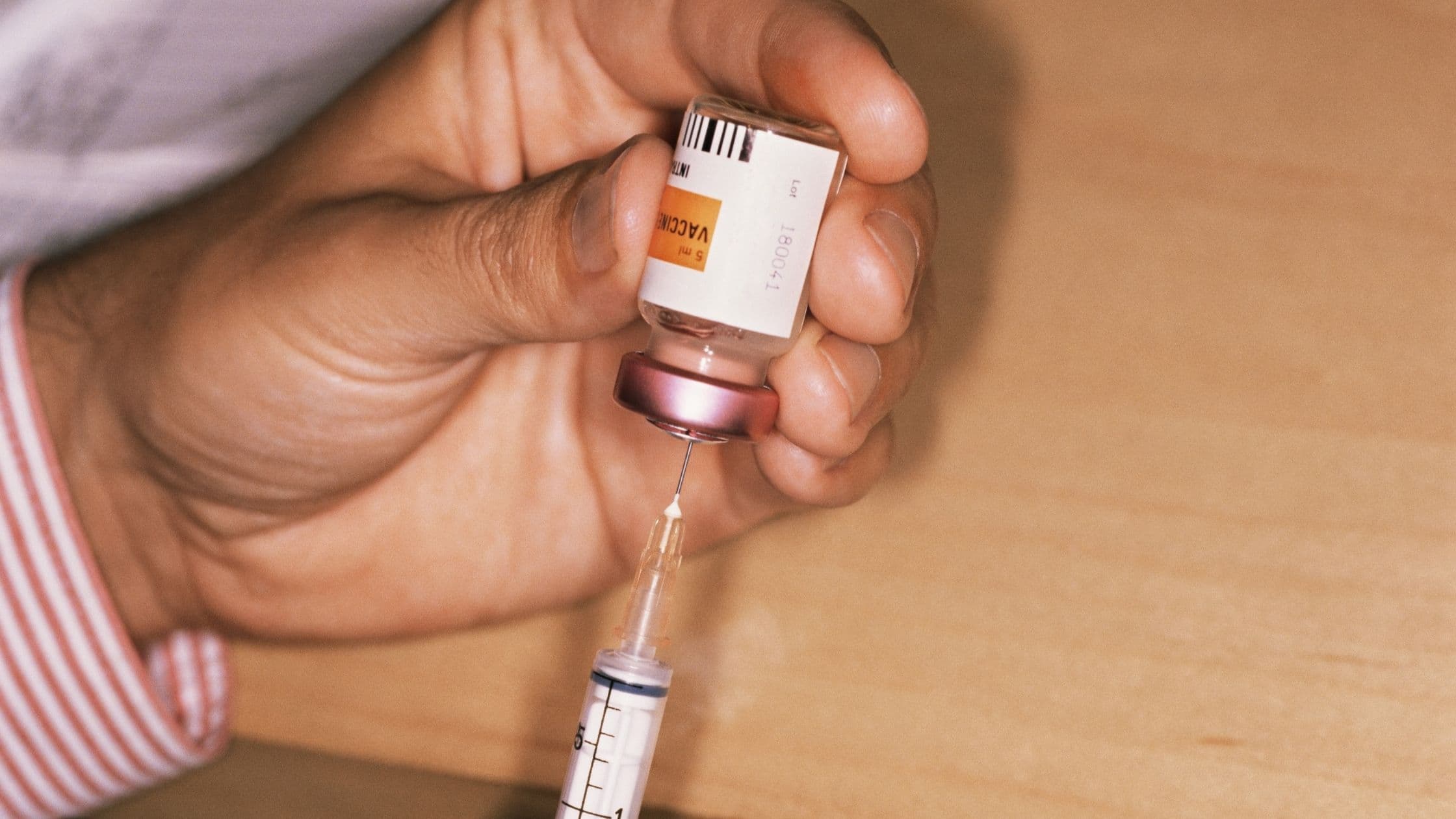Unveiling the Symptoms of a Tetanus Shot
The tetanus shot, a vital shield against a potentially life-threatening bacterial infection, is a routine vaccination for many. While it safeguards us from a terrible disease, the tetanus shot itself can cause some temporary side effects. Here, we delve into the details, exploring the range of symptoms you might experience after receiving a tetanus shot.

It's Important to Note:
Most people experience minimal to no side effects after receiving a tetanus shot. However, it's still valuable to be aware of the potential reactions that might occur.
The Most Common Companions: Expected Side Effects
The following side effects are the most common after receiving a tetanus shot:
- Pain at the injection site: This is the most frequent side effect, with many people experiencing mild soreness, tenderness, or discomfort around the injection site. The discomfort usually peaks within 1-2 days and gradually subsides over the next few days.
- Redness and swelling: The injection site might appear slightly red and swollen, often accompanying the pain. Similar to the pain, this redness and swelling typically resolve within a few days.
- Fever: A low-grade fever (up to 100.4ºF or 38ºC) can occur in some individuals after receiving a tetanus shot. This fever is usually temporary and resolves on its own within a day or two.
- Headache: Mild headaches are another potential side effect of a tetanus shot. They are usually short-lived and can be managed with over-the-counter pain relievers like acetaminophen or ibuprofen.
- Fatigue or feeling tired: Some people might experience a general feeling of tiredness or fatigue after receiving a tetanus shot. This is usually mild and temporary.
Less Frequent Reactions: A Cause for Concern?
In rare cases, some individuals might experience less common side effects after a tetanus shot. These typically resolve on their own but warrant mentioning to your healthcare professional if they occur:
- Muscle aches and pains: Aching or soreness throughout the body can sometimes occur after a tetanus shot.
- Nausea or vomiting: Although uncommon, nausea or vomiting might develop in some individuals.
- Dizziness or lightheadedness: Feeling dizzy or lightheaded after a tetanus shot is a rare side effect. If it occurs, ensure you're sitting or lying down until the sensation passes.
- Allergic reaction: Severe allergic reactions to the tetanus shot are extremely rare. However, if you experience symptoms like difficulty breathing, wheezing, hives, or swelling of the face, lips, or tongue, seek immediate medical attention.
When to Seek Medical Attention:
While most side effects are mild and temporary, it's crucial to know when to seek medical attention:
- Severe pain, redness, or swelling at the injection site: If the pain, redness, or swelling at the injection site is severe or worsens significantly, consult your healthcare professional.
- Fever that is high or persistent: A high fever (above 102°F or 38.9°C) or a fever that persists for more than 3 days after the shot necessitates a doctor's visit.
- Any concerning symptoms: If you experience any concerning symptoms not mentioned here, especially those that seem severe or don't improve within a few days, err on the side of caution and consult your healthcare professional.

Understanding the Discomfort: The Body's Response
The temporary side effects associated with a tetanus shot are your body's natural response to the vaccine. The vaccine triggers your immune system to develop antibodies against the tetanus bacteria. This process can cause some mild inflammation and discomfort at the injection site, as well as some of the other temporary side effects mentioned above.
The Takeaway: Protection with Potential Discomfort
The tetanus shot is a vital safeguard against a debilitating and potentially fatal disease. While some temporary side effects might occur, they are usually mild and short-lived. By understanding these potential reactions and knowing when to seek medical attention, you can approach your tetanus vaccination with confidence.